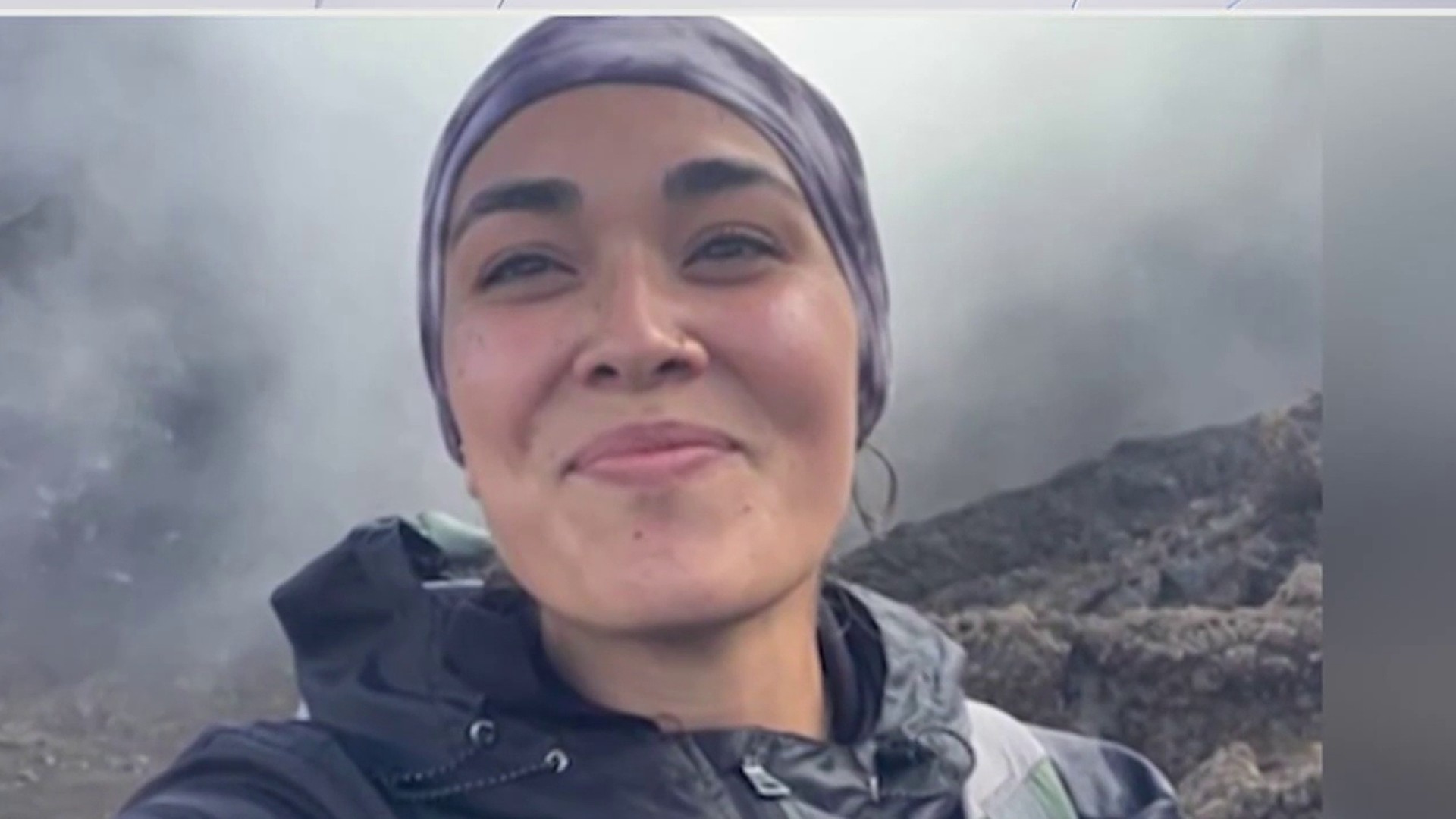Family members of a woman who died by a fentanyl-laced pill gave emotional impact statements Friday before a judge sentenced the man accused of providing the synthetic opioid to life in prison.
Kelsey King, 26, died June 2020 after she ingested half a pill that was laced with fentanyl. The drug was provided by 34-year-old Vicente David Romero, who took the other half of the pill. According to prosecutors, Romero passed out but survived after ingesting it; King, however, died.
“He knew if could kill,” Tim King, the woman’s father, said in court. “He had firsthand knowledge it could kill, yet he covertly gave it to her.”
The father didn’t hold back in expressing his anger with Romero over his daughter’s death. He graphically described how her body was found.
Get top local stories in Southern California delivered to you every morning. Sign up for NBC LA's News Headlines newsletter.
“She died facedown in the dirt,” Tim King recalled. “When they found the children’s mother – a person that never hurt a living soul in her life – she was covered with ants and ant bites because the ants were eating her.”
King was described as a kind and compassionate individual whose loss has been “paralyzing” to her loved ones.
“I miss my daughter tremendously every single day,” Darnel Pryor, Kelsey’s mother, said in her impact statement.
Local
Get Los Angeles's latest local news on crime, entertainment, weather, schools, COVID, cost of living and more. Here's your go-to source for today's LA news.
After hearing from family, Judge Timothy Freer handed down his sentence for Romero’s second degree murder conviction – 15 years to life in prison.
Riverside County District Attorney Mike Hestrin said he took a hardline against drug dealers who supply fentanyl laced drugs. His office now has more than two dozen cases in which the defendant is facing second-degree murder charges for supplying fentanyl to someone who died.
He added that the goal is to send a strong message to dealers and to hopefully save lives.
"Because we all know we have to do something,” Hestrin said. “We can't just sit back and hope that this is going to go away. It's not going to go away.”



